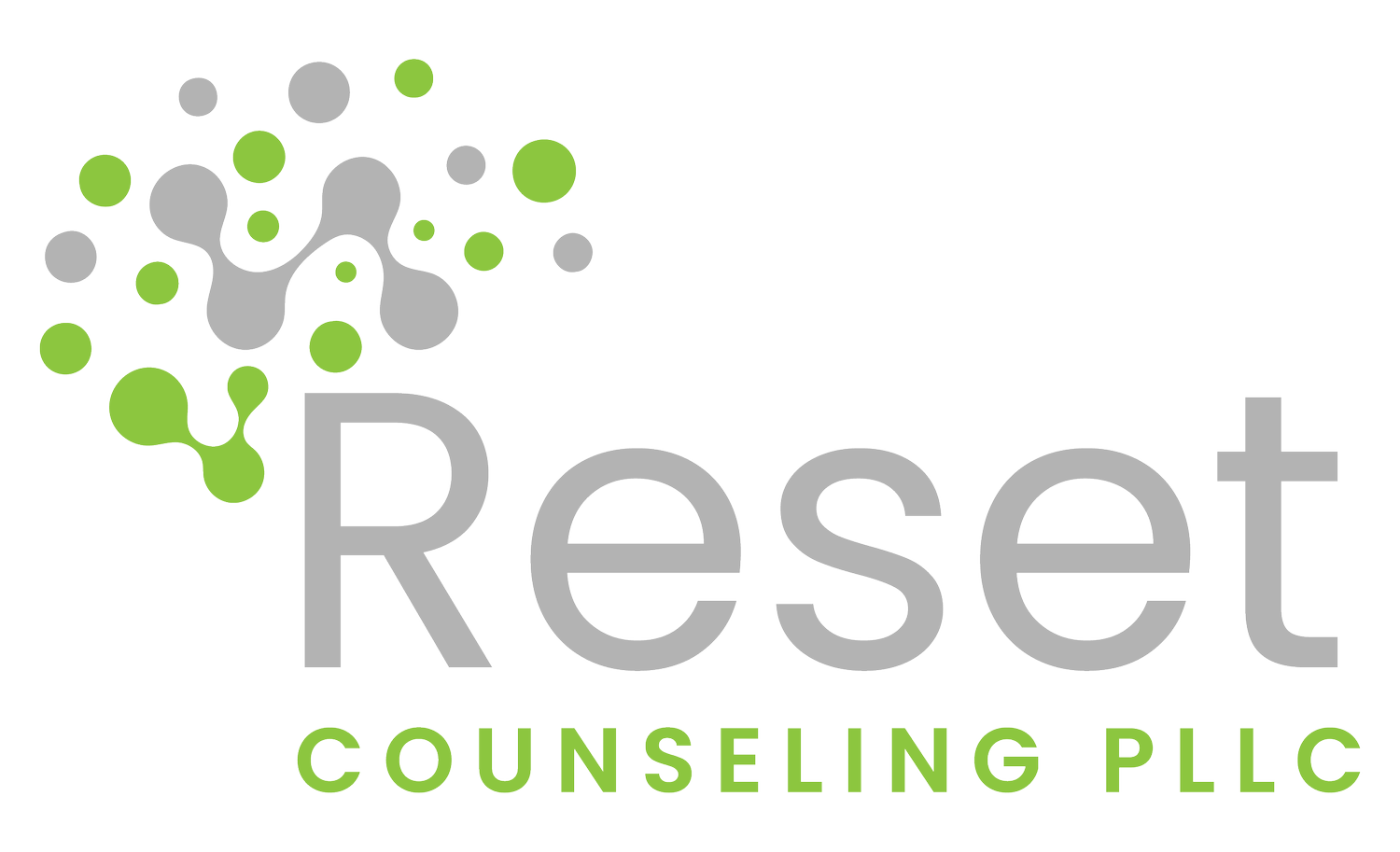Maryam Brown
MAEd, LHMC, NCC
Maryam is dedicated to assisting individuals in overcoming the effects of depression, anxiety, phobias, chronic pain, PTSD, vicarious trauma, and the psychological symptoms of concussion/mild to moderate traumatic brain injury (TBI). With a degree from Seattle University and over eight years of experience, Maryam is committed to helping her clients heal and reach their potential. In addition to her counseling services, she also offers psychoeducation and consultation to support individuals on their journey to wellness.
Maryam’s expertise encompasses a range of therapeutic approaches, including Cognitive Behavior Therapy (CBT), Eye Movement Desensitization and Reprocessing (EMDR), The Flash Technique, HeartMath, Brainspotting, and visualization skills. By utilizing these evidence-based therapeutic modalities, Maryam tailors her treatment to meet the unique needs of each client, providing them with effective tools for personal growth and healing.
In addition to her passion for Psychology, Maryam is also a sports enthusiast. Drawing on her specialized knowledge, she assists athletes in overcoming Repetitive Sports Performance Problems/Lost Move Syndrome (LMS). Maryam empowers athletes to regain their confidence and optimize their performance by addressing the psychological, emotional, and somatic challenges stemming from past experiences and high-pressure situations.
If you're ready to embark on a transformative journey, Maryam is here to support you. Contact her today to schedule a complimentary consultation.
Specialties:
Trauma and PTSD
Sports Traumatic Stress Disorder (STSD)
Depression
Anxiety (performance anxiety, phobias, social anxiety, generalized anxiety)
Performance Enhancement Coaching & Consultation
Psychological symptoms of brain injuries/concussions
Lost Move Syndrome (LMS)/ The Yips
HeartMath/ HRV Training
Mental Conditioning Techniques
Peak Performance Training
Burnout
Self-esteem
Stress management
Resilience Training
Secondary Trauma
Brain Health Optimization
Eye Movement Desensitization and Reprocessing (EMDR)
EMDR is a neurobiological approach that facilitates the integration of traumatic experiences, including injuries and memories that no longer serve a purpose, and leads to symptom reduction (e.g., performance anxiety, self-doubt, burnout, etc.). EMDR is based on the Adaptive Information Processing model (AIP) that utilizes bilateral stimulation to create new neural pathways and access the information stuck in the brain’s neural networks, frozen in time and unable to integrate. Following EMDR treatment, you may notice an improvement in your mental flexibility and an increase in your ability to recover from setbacks.
Brainspotting
“Where you look affects how you feel”~ Dr. David Grand
Brainspotting is a technique that utilizes the visual field to locate the parts of the brain where the information is stored. Biolateral music facilitates the left-right brain activation and connection allowing the unintegrated experiences to get processed and stored adaptively.
The Flash Technique
The Flash Technique is a memory reconsolidation approach that reduces the disturbance of highly distressing memories. This method does not require patients to consciously engage with the disturbing memory; instead, they are guided by the therapist to focus on a calm place called “the container” that is developed prior to the processing. This is a relatively short method that takes up to 20 minutes and reduces the level of activation to a manageable level, at which point it will be determined if additional processing using EMDR and or Brainspotting will be necessary.
HeartMath
HeartMath is a research-based system of tools and techniques to enhance mental and emotional self-regulation and improve Heart Rate Variability. Heart Rate Variability (HRV) is a key indicator of health and fitness, influenced by emotions. HeartMath's emotional self-regulation techniques focus on increasing HRV coherence, which, when achieved, can reduce the adverse effects of stress, enhance self-regulation, cognitive function, and promote sustained physiological and behavioral change.
HeartMath has been tested in various settings worldwide, including healthcare, education, corporate, and sports.

If you are seeking to:
. Improve training efficiency
. Recover from the yips/ Lost Move Syndrome (LMS)
. Enhance endurance
. Accelerate recovery time
. Cultivate effective communication between the heart, brain, and nervous system
. Improve problem-solving skills, cognitive flexibility, and memory
. Improve hand-eye coordination
. Sharpen reaction time
. Minimize muscle tremors
.Improve HRV (Heart Rate Variability)
. Boost confidence
. Reduce performance anxiety
. Enhance cognitive speed
. Expedite recovery times
. Maximize oxygen uptake (VO2 max)
. Foster team coherence
. Convert stress into coherence
. Improve Heart-Brain interactions
. Increase your energy and sustain it
. Adapt to change quickly




